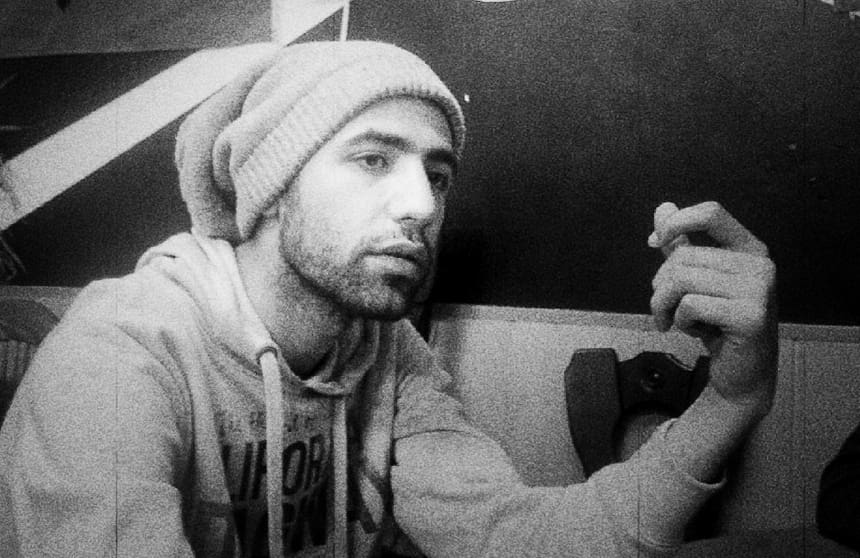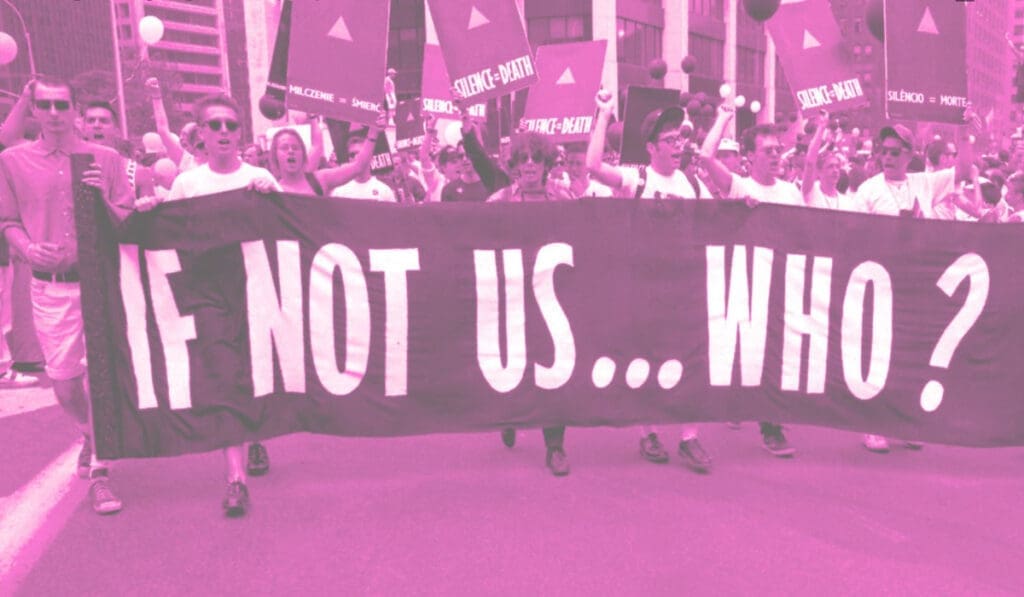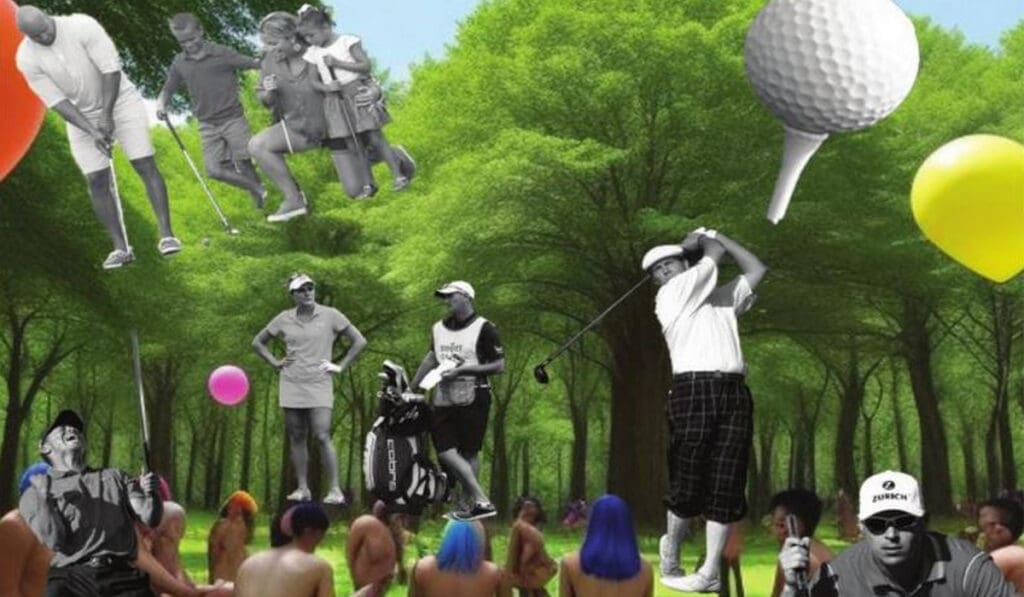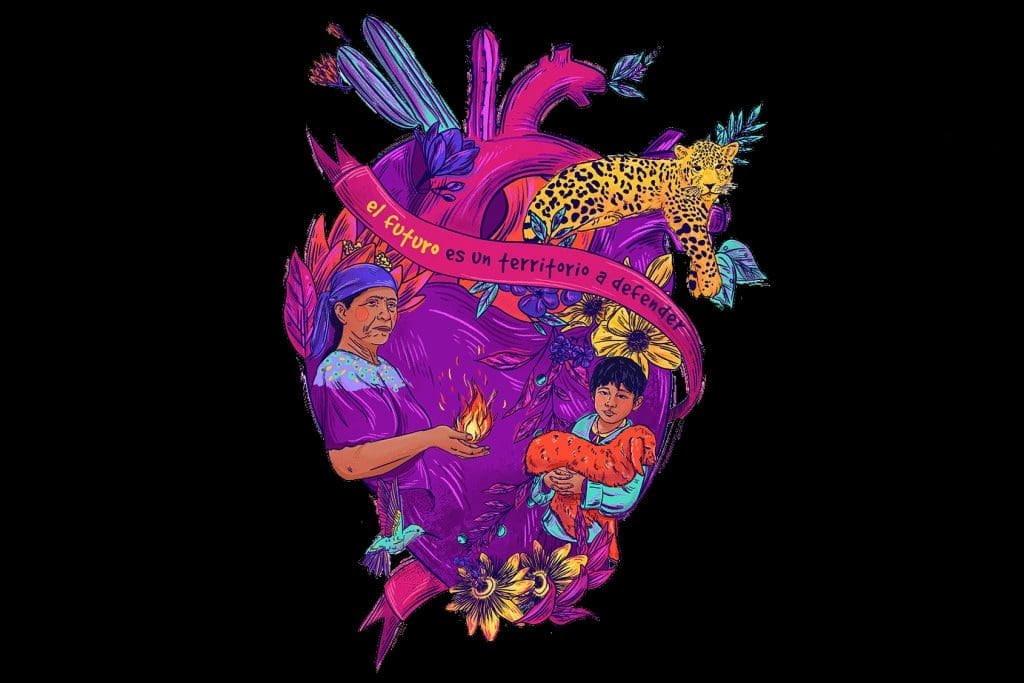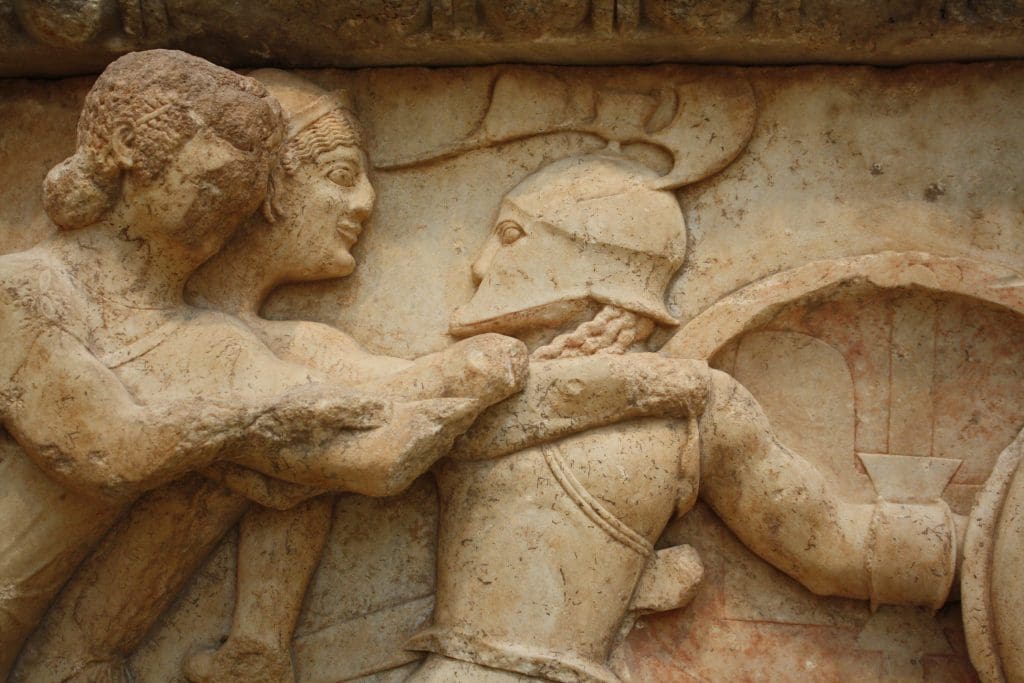Reporting Against Brutal Occupiers
by Cindy Riechau for Alsharq
8 August 2018 (original post in German)
A portrait of Syrian activist AbdAlaziz Alhamza, co-founder and spokesperson of the independent media project Raqqa is Being Slaughtered Silently
AbdAlaziz Alhamza is pragmatic. The Syrian activist wants to survive. He had never dreamed of moving to Berlin; he did so to stay alive. The co-founder of Raqqa is Being Slaughtered Sliently (RBSS) experienced the horror of the Islamic State’s self-proclaimed capital city firsthand, and risked his life to document it. “If you’ve lived in Raqqa, you can live anywhere,” he says.
Alhamza, in his mid twenties, is RBSS’s spokesperson and has become the face of the citizen media collective. He and his comrades report on the atrocities of jihadists in the face of silence from the rest of the world. “Raqqa is Being Slaughtered Silently”—the naked force of this name invokes the naked force of the Islamic State’s rule. Even today (the Kurdish YPG now governs the city in Syria’s northeast), young people are secretly filming and photographing life under occupation and smuggling the footage out of the country, where Syrians in exile post them online.
Every activist is at risk
One of the latter is Alhamza. On a Thursday last winter, he stood in the lobby of a movie theater, in a blue-and-white-checked shirt under a gray hoodie and a gray knit cap stitched with the words City of Ghosts. Several hundred people were there to see a pre-screening of Matthew Heineman’s documentary of that name, which depicts how the underground journalists of RBSS live and work. They were and are being threatened as a result of their work. Several of them have paid with their lives.
A few audience members leave the Berlin theater early on, aghast at the shocking scenes. The rest of the audience witnesses the so-called Islamic State execute the father of RBSS activist Hamoud al-Mousa. ISIS had made the video as a warning to the young citizen journalists.
“We had to keep going,” Alhamza soberly says of RBSS’s response to the savage killing. His brown eyes, framed by wide black-rimmed glasses, bore into you when he tells the story of the Syrian media collective.
“The best time of my life”
Alhamza was studying biology at the University of Raqqa when his life and that of countless other Syrians changed forever. He was Muslim but not religious, as he puts it. Politics had never interested him. “We knew that Assad had spies everywhere and that anyone who criticized the regime would disappear,” he remembers, gesturing broadly as he talks. But when Assad’s thugs in Dera’a tortured schoolboys for anti-regime graffiti [in February 2011], demonstrations against the ruling clique spread across the country.
Alhamza and his brother decided to join the protests in their city. The students were soon uploading smartphone videos of the marches onto Facebook and, together with their friends, documenting (under pseudonyms) momentous political events in a country where independent journalism had long not been tolerated. “Suddenly we had something that we’d never had before: the freedom to say what we really think,” Alhamza says of what he calls the “best time of my life.”
But this freedom was short-lived. Assad’s security services soon clamped down violently. Alhamza was imprisoned three times, once for forty-five days. As with all arrested regime critics, he was tortured, with electroshocks and lashes. He endured days of solitary confinement. But the worst was yet to come.
A media sensation
“Aziz doesn’t sleep a lot,” says a friend of his who wishes to remain anonymous. The young man is sitting in her apartment’s kitchen and, as he has done so often in the last couple of years, is holding forth for a foreign journalist on his experience of the war. The members of RBSS want media attention in order to get the story of their city out to the public. On the other hand, the hype around them is taxing. “In the last two years I’ve been to at least forty countries,” Alhamza says, absently plucking at his beard. His hairline is receding, which is why he mostly wears a hat. In his face, he looks older than he is.
There is a poignant scene in Matthew Heineman’s documentary that throws this dilemma with the Western press into sharp relief. It shows photographers setting up the perfect lighting around the young men from Raqqa, whose stony mouths automatically turn up at the corners with the word “smile.” There can be no doubt that the young Syrians have been through hell. But the question remains: how do you portray this without turning them into depersonalized tragic figures?
The end of Heineman’s documentary shows Alhamza in a bare apartment, trembling with suffering. “I am not happy,” he admitted in emails to the American journalist David Remnick, who published them in the New Yorker in October 2017. “How could I be?” Perhaps to attenuate this dark impression, the public face of RBSS was effusive in the discussion that followed last winter’s pre-screening in Berlin: “Be conscious of your responsibility,” he pleaded, his normally rather subdued voice rising. “Vote! It has an affect on the world, and on Syria.” Alhamza’s voice is somewhat nasal, and his pronunciation in English sounds a little off. But when he talks, it seems like he’s able to get more words out in one breath than most. It’s as if he’s trying to show the world that he will keep speaking to the last, he will use every ounce of air he’s got.
He needs this kind of resolve in his struggle against the Islamic State. The members of RBSS have devoted their lives to a higher cause: the battle for the story of the Syrian war online. People around them have died for this cause—and with each additional death, the determination of RBSS members is further cemented. What would these lost lives be worth, if RBSS were to capitulate in their fight for narrative dominance with the Islamic State and other propaganda machinery?
Founding and directing the platform from abroad
The activists of RBSS seem to have fallen rather accidentally into this role that the world wants to see them in, that of brave heroes. “We just had to show people the truth about the Islamic State,” says Alhamza matter-of-factly. In April 2013, the university student had observed the first public execution the Islamists performed in Raqqa. “I didn’t really think we’d be putting ourselves in danger with our reporting,” he says. He had a film permit from the Free Syrian Army.
Some city residents joined up with the radical Islamists. “A friend of mine had kids and badly needed money, which he was able to get from the Islamic State,” recalls Alhamza without judgment. For his part, he left the city, fleeing to Turkey. “Islamic State people came looking for me at home, since I had been to an anti-ISIS demonstration and I’d reported on their battles with other rebel groups. Luckily I was already gone when they came to my door.”
In exile in Turkey, he and a few friends decided to create a platform with the name Raqqa is Being Slaughtered Silently. Sources in Raqqa would deliver the material, and the journalists exiled in safer places (as they still assumed at the time) would post it on Facebook and Twitter. They would also provide foreign media outlets that weren’t allowed into Syria with information about the Islamic State’s terroristic misrule. This is how the world found out that women were no longer allowed in public alone or without the full cover of the niqab. Christians, Shiites, and free thinkers were forced to flee or were crucified, beheaded. At first it was mostly Syrian ISIS members who governed Raqqa. Quickly, however, more and more foreign adherents of the self-proclaimed caliphate flocked to its “capital.”
“They enticed children with smartphones and candy, convinced them of their ideas, and then turned them into suicide attackers,” reports Alhamza, raising his eyebrows and upper lip with fury, showing his teeth.
Rage at the US and the YPG
Several RBSS activists have been killed in Turkish cities, among them Fares Hammadi and Ibrahim Abd al-Qader. “We had already taken care of the paperwork to get them here,” says a German journalist who is friendly with the Syrian collective. He and a colleague had previously sought out Alhamza, who had come to Germany as a regular refugee, and brought him to Berlin. They are now fast friends. “At the beginning he was very shy and ate nothing but hamburgers,” recalls the Berlin-based reporter with a grin. Many of his other recollections are less amusing: “It was especially bad when his younger brother drowned while trying to cross to Italy. Aziz was beside himself.”
Alhamza would rather not talk about his family. He would prefer to share information about the current state of the RBSS collective. Kurdish units expelled the Islamic State from Raqqa in late 2017—“but Raqqa was not liberated,” emphasizes Alhamza. “The people are suffering all the same. With the YPG in power, things haven’t really gotten better. Some things have gotten worse.” The People’s Protection Units, the US-backed Syrian faction of the Kurdistan Workers’ Party (PKK), engages in forced conscription, even of children. “Our activists in Raqqa still have to fear for their lives and operate underground,” says the young man who, despite the now-empty coffee cup in front of him, still looks tired.
He has harsh words for the strategy of Western powers in his homeland’s conflict, which has expanded into a proxy war. “The US and its allies don’t care in the slightest about Syrian civilians,” he says. “They know that regional groups they are working with are violating human rights, and they don’t stop it.” The bombing of ISIS targets was also sloppy and ineffective, he adds.
During the conversation, Alhamza keeps looking at the lit display of his smartphone. Several different messenger apps show notifications piling up. “It’s like this every day,” he says, apologizing for the distraction. “I have to reassure myself that everyone is okay.”
Intimidated by no one
AbdAlaziz Alhamza is the only member of the collective who regularly appears in public. While he is adamant that his friends stay anonymous and their locations secret, Alhamza himself is not always so careful. “I found him an apartment in Berlin, and he took a picture of the building and put it online,” says Alhamza’s friend, the Berlin journalist, still a little baffled. Still, there is no name on the buzzer or the mailbox. Alhamza also refuses to have security guards, although he did agree to a police escort for the Berlin pre-screening of City of Ghosts.
In Germany, the main threat to the young man’s safety is no longer from religious fundamentalists. Since Pegida began mobilizing thousands of supporters and Alternative für Deutschland has gotten into parliament, the danger of Europe sliding over the brink rightward continues to loom. “I’ve talked with people from Pegida, because I wanted to know how they tick,” says Alhamza. “There is a similarity to ISIS. In the rightwing scene in Europe, they don’t want free thinking either, and only select information is circulated.”
The young man doesn’t know whether he will stay in Berlin long term. What he likes about the city are his friends. And the soft drink Club Mate. “Where I really want to go is home, to Raqqa,” he says with his fixed gaze and another large gesture that exposes a bracelet on his wrist. Next to the three-star revolutionary flag it reads, “Free Syria.” The activists of RBSS want to keep fighting, to keep publishing “until we have a free and democratic Syria.” He inhales deeply. AbdAlaziz Alhamza knows he’ll need all the breath he has.
Translated by Antidote
Featured image: AbdAlaziz Alhamza in Berlin, 2015 (photo: Jérémy Saint-Peyre). Source: AbdAlaziz Alhamza (Facebook)

